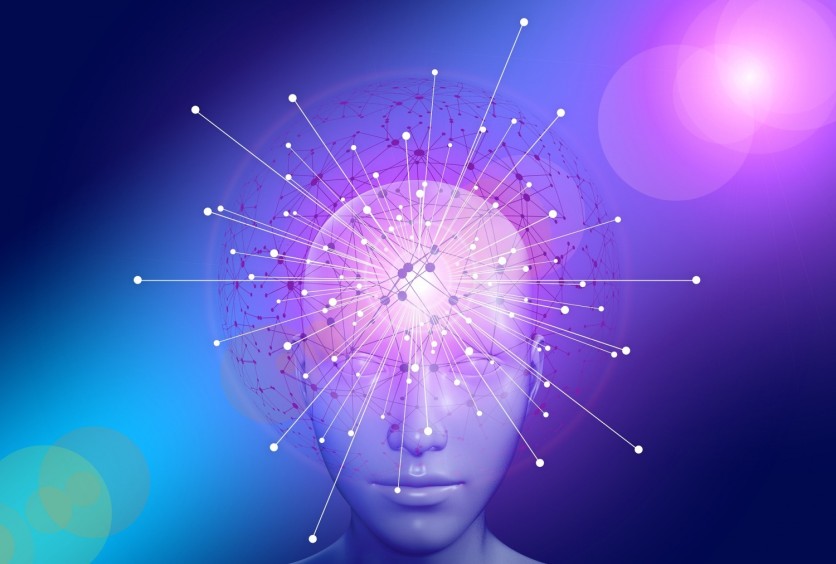In the ever-evolving world of artificial intelligence (AI), the burning question on everyone's mind is, "Does AI have a sense of humor?"
A group of researchers at Cornell University decided to test AI's funny bone by challenging it with the timeless task of understanding jokes, particularly those from the New Yorker magazine's Cartoon Caption Contest.

Tickling the Funny Bones of AI
Using a variety of tasks, the researchers compared the performance of AI models, including the popular ChatGPT, against humans. Three tasks were on the menu: matching jokes to cartoons, identifying winning captions, and explaining why a caption tickles our funny bones.
Unsurprisingly, humans emerged victorious in all three tasks, showcasing their innate understanding of humor. But wait, has AI made any progress in understanding our jokes? While AI is starting to get the hang of it, it's not quite ready to be crowned the king of comedy.
According to the research team, the machines might not fully "understand" humor in the human sense, but their performance is impressive, and they're getting closer to cracking the code of our laughter.
Jack Hessel, the study's lead author and a research scientist at the Allen Institute for AI (AI2), admits that the idea of machines understanding humor is tricky. Nevertheless, he finds it fascinating to observe how well AI performs on humor-related tasks, despite not fully grasping the essence of our jokes.
"And if a model eventually surpasses whatever humans get at this test, you think, 'OK, does this mean it truly understands?' It's a defensible position to say that no machine can truly 'understand' because understanding is a human thing. But, whether the machine understands or not, it's still impressive how well they do on these tasks," Hessel said in a statement.
AI's Humor Comprehension Gap
The researchers compiled over 700 New Yorker caption contests spanning 14 years for their study. The contests featured captionless cartoons, along with entries and finalists selected by New Yorker editors.
For the experiments, the AI models faced two types of challenges - "from pixels" (computer vision) and "from description" (analysis of human summaries of cartoons).
Matching jokes to cartoons turned out to be more challenging for AI, as the relationships between images and captions were playful and indirect, requiring more sophistication.
In the end, the AI models struggled to keep up with human-level understanding of humor. The best AI performance in the matching task reached 62% accuracy, far from the impressive 94% achieved by humans.
Even when it came to generating explanations for the captions, humans were preferred over AI by a 2-to-1 margin. Despite AI's humor comprehension gap, the researchers see the potential for collaboration.
AI could serve as a helpful tool for humorists, assisting them in brainstorming fresh and witty ideas. The study's authors, which won a best-paper award at a recent conference, aim to inject a spirit of fun into their work.
And why not? After all, understanding humor is a delightful journey-one that even the brightest AI minds are still enjoying, even if they don't quite get the punchline yet. The findings of the team were published in ACL Anthology.
Related Article : AI Tool Creates South Park-Like Episode With User as the Star

ⓒ 2025 TECHTIMES.com All rights reserved. Do not reproduce without permission.




